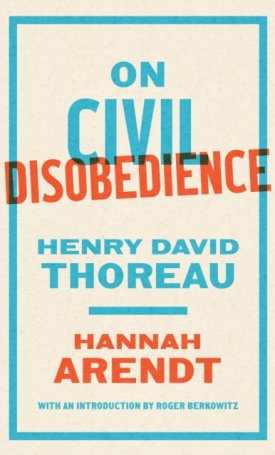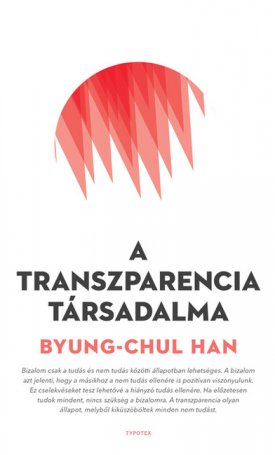The Human Condition
ISBN: 9780226586601
Nyelv: angol
Méret: 152*229
Tömeg: 617 g
Oldalszám: 380
Megjelenés éve: 2018
The Human Condition
The past year has seen a resurgence of interest in the political thinker Hannah Arendt, “the theorist of beginnings,” whose work probes the logics underlying unexpected transformations—from totalitarianism to revolution.
A work of striking originality, The Human Condition is in many respects more relevant now than when it first appeared in 1958. In her study of the state of modern humanity, Hannah Arendt considers humankind from the perspective of the actions of which it is capable. The problems Arendt identified then—diminishing human agency and political freedom, the paradox that as human powers increase through technological and humanistic inquiry, we are less equipped to control the consequences of our actions—continue to confront us today. This new edition, published to coincide with the sixtieth anniversary of its original publication, contains Margaret Canovan’s 1998 introduction and a new foreword by Danielle Allen.
A classic in political and social theory, The Human Condition is a work that has proved both timeless and perpetually timely.
CONTENTS:
Foreword by Danielle Allen
Introduction by Margaret Canovan
Prologue
I. The Human Condition
1. Vita Activa and the Human Condition
2. The Term Vita Activa
3. Eternity versus Immortality
II. The Public and the Private Realm
4. Man: A Social or a Political Animal
5. The Polis and the Household
6. The Rise of the Social
7. The Public Realm: The Common
8. The Private Realm: Property
9. The Social and the Private
10. The Location of Human Activities
III. Labor
11. “The Labour of Our Body and the Work of Our Hands”
12. The Thing-Character of the World
13. Labor and Life
14. Labor and Fertility
15. The Privacy of Property and Wealth
16. The Instruments of Work and the Division of Labor
17. A Consumers’ Society
IV. Work
18. The Durability of the World
19. Reification
20. Instrumentality and Animal Laborans
21. Instrumentality and Homo Faber
22. The Exchange Market
23. The Permanence of the World and the Work of Art
V. Action
24. The Disclosure of the Agent in Speech and Action
25. The Web of Relationships and the Enacted Stories
26. The Frailty of Human Affairs
27. The Greek Solution
28. Power and the Space of Appearance
29. Homo Faber and the Space of Appearance
30. The Labor Movement
31. The Traditional Substitution of Making for Acting
32. The Process Character of Action
33. Irreversibility and the Power to Forgive
34. Unpredictability and the Power of Promise
VI. The Vita Activa and the Modern Age
35. World Alienation
36. The Discovery of the Archimedean Point
37. Universal versus Natural Science
38. The Rise of the Cartesian Doubt
39. Introspection and the Loss of Common Sense
40. Thought and the Modern World View
41. The Reversal of Contemplation and Action
42. The Reversal within the Vita Activa and the Victory of Homo Faber
43. The Defeat of Homo Faber and the Principle of Happiness
44. Life as the Highest Good
45. The Victory of the Animal Laborans
Acknowledgments
Index
AUTHOR:
Hannah Arendt (1906-1975) was a German-American political theorist. Her works deal with the nature of power, and the subjects of politics, direct democracy, authority, and totalitarianism. She was a visiting scholar at the University of California, Berkeley, Princeton University, and Northwestern University. In the spring of 1959, she became the first woman lecturer at Princeton. Arendt also taught at the University of Chicago, where she was a member of the Committee on Social Thought; The New School in Manhattan; Yale University, where she was a fellow; and, the Center for Advanced Studies at Wesleyan University. Arendt was elected a fellow of the American Academy of Arts and Sciences in 1962 and a member of the American Academy of Arts and Letters in 1964.
Kategória: Filozófia / 20.-21. század, Filozófia / etika, Politika / politikai filozófia


























